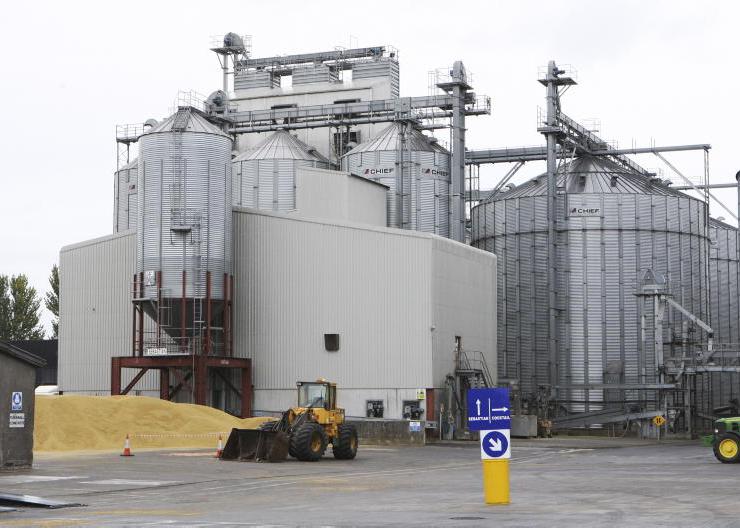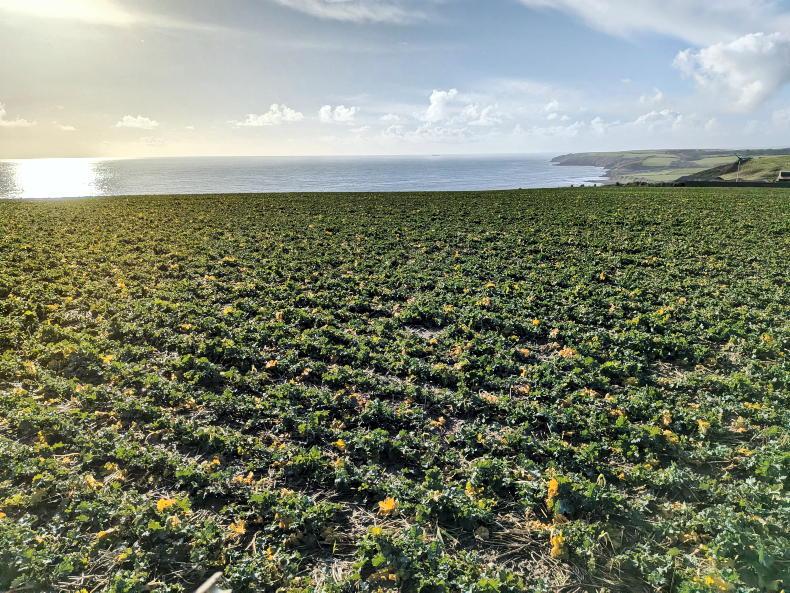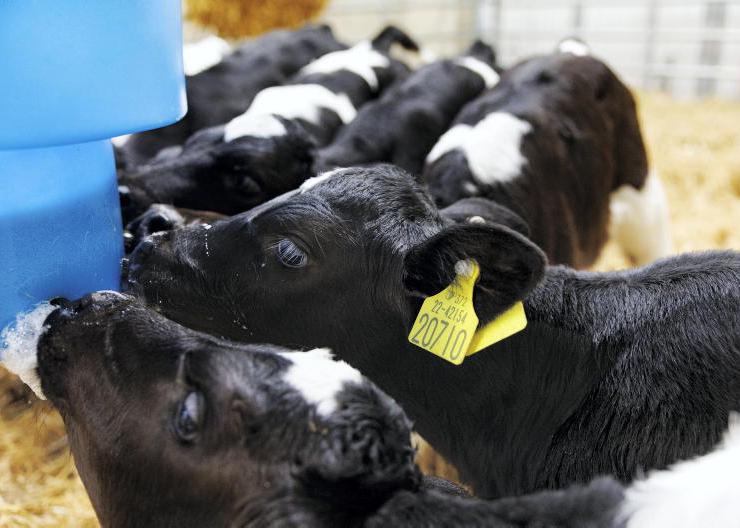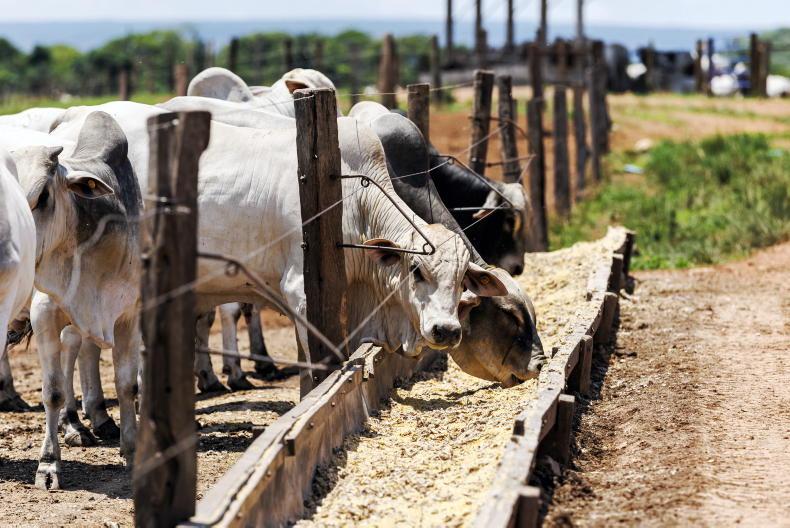Rules to introduce one set of standardised procedures for organic food are in the final stages of approval at the European Commission, and likely to come into effect on 1 January 2021.
The rules will create an equal playing field, according to Commissioner for Agriculture Phil Hogan, and help to regulate the current system which can permit exceptions in organic food production between countries and even individual suppliers.
“The organic sector has been steadily increasing in importance – by 125% over the past 10 years alone – but that growth was compromised by rules that were no longer fit for purpose,” Hogan said.
Land used for organic farming is growing at around 400,000ha/year, according to the Commisison, with an estimated EU market value of €27bn.
In Ireland, there are currently 2,127 organic operators, of whom more than 1,700 are farmers.
Non-EU organic products that are imported to the EU will also have to comply with the single set of rules, and the scope of the rules has been extended to include products such as cork, salt and essential oils.
Non-EU countries that are recognised as having equivalent organic standards include –
CanadaJapanUSTunisiaNew ZealandThe Commission believes that the rules will lessen the amount of red-tape and cost involved in being an organic farmer.
Pesticides
Use of pesticides is still forbidden under the new regulations, which state that precautionary measures must be taken to avoid accidental contamination when growing organic crops in close proximity to non-organic crops.
The enforcement and control of pesticide use on organic products is up to individual authorities.
Greenhouses
The Commission stated that: “The new regulation confirms the link with the soil as a basic principle, and as such the use of 'demarcated beds' is not considered compatible with broader organic principles.”
This will be disappointing news to some farmers who said that they would find it difficult to grow organic produce without the use of pots or demarcated beds, given poor weather conditions in certain countries.
However, there will be a 10-year limited period, after the rules come into effect, where a member state may continue to use the practice if they have already gained permission to do so.
95% organic
The rules state that processed products labelled as organic must contain at least 95% organic agricultural ingredients.
Seeds and other plant reproductive material and process agricultural products used as food and feed will also have to comply with the new standardised rules.
Read more
Diversity in agri-food businesses on Ceres agenda
Public consultation on organic sector strategy announced
Rules to introduce one set of standardised procedures for organic food are in the final stages of approval at the European Commission, and likely to come into effect on 1 January 2021.
The rules will create an equal playing field, according to Commissioner for Agriculture Phil Hogan, and help to regulate the current system which can permit exceptions in organic food production between countries and even individual suppliers.
“The organic sector has been steadily increasing in importance – by 125% over the past 10 years alone – but that growth was compromised by rules that were no longer fit for purpose,” Hogan said.
Land used for organic farming is growing at around 400,000ha/year, according to the Commisison, with an estimated EU market value of €27bn.
In Ireland, there are currently 2,127 organic operators, of whom more than 1,700 are farmers.
Non-EU organic products that are imported to the EU will also have to comply with the single set of rules, and the scope of the rules has been extended to include products such as cork, salt and essential oils.
Non-EU countries that are recognised as having equivalent organic standards include –
CanadaJapanUSTunisiaNew ZealandThe Commission believes that the rules will lessen the amount of red-tape and cost involved in being an organic farmer.
Pesticides
Use of pesticides is still forbidden under the new regulations, which state that precautionary measures must be taken to avoid accidental contamination when growing organic crops in close proximity to non-organic crops.
The enforcement and control of pesticide use on organic products is up to individual authorities.
Greenhouses
The Commission stated that: “The new regulation confirms the link with the soil as a basic principle, and as such the use of 'demarcated beds' is not considered compatible with broader organic principles.”
This will be disappointing news to some farmers who said that they would find it difficult to grow organic produce without the use of pots or demarcated beds, given poor weather conditions in certain countries.
However, there will be a 10-year limited period, after the rules come into effect, where a member state may continue to use the practice if they have already gained permission to do so.
95% organic
The rules state that processed products labelled as organic must contain at least 95% organic agricultural ingredients.
Seeds and other plant reproductive material and process agricultural products used as food and feed will also have to comply with the new standardised rules.
Read more
Diversity in agri-food businesses on Ceres agenda
Public consultation on organic sector strategy announced









SHARING OPTIONS